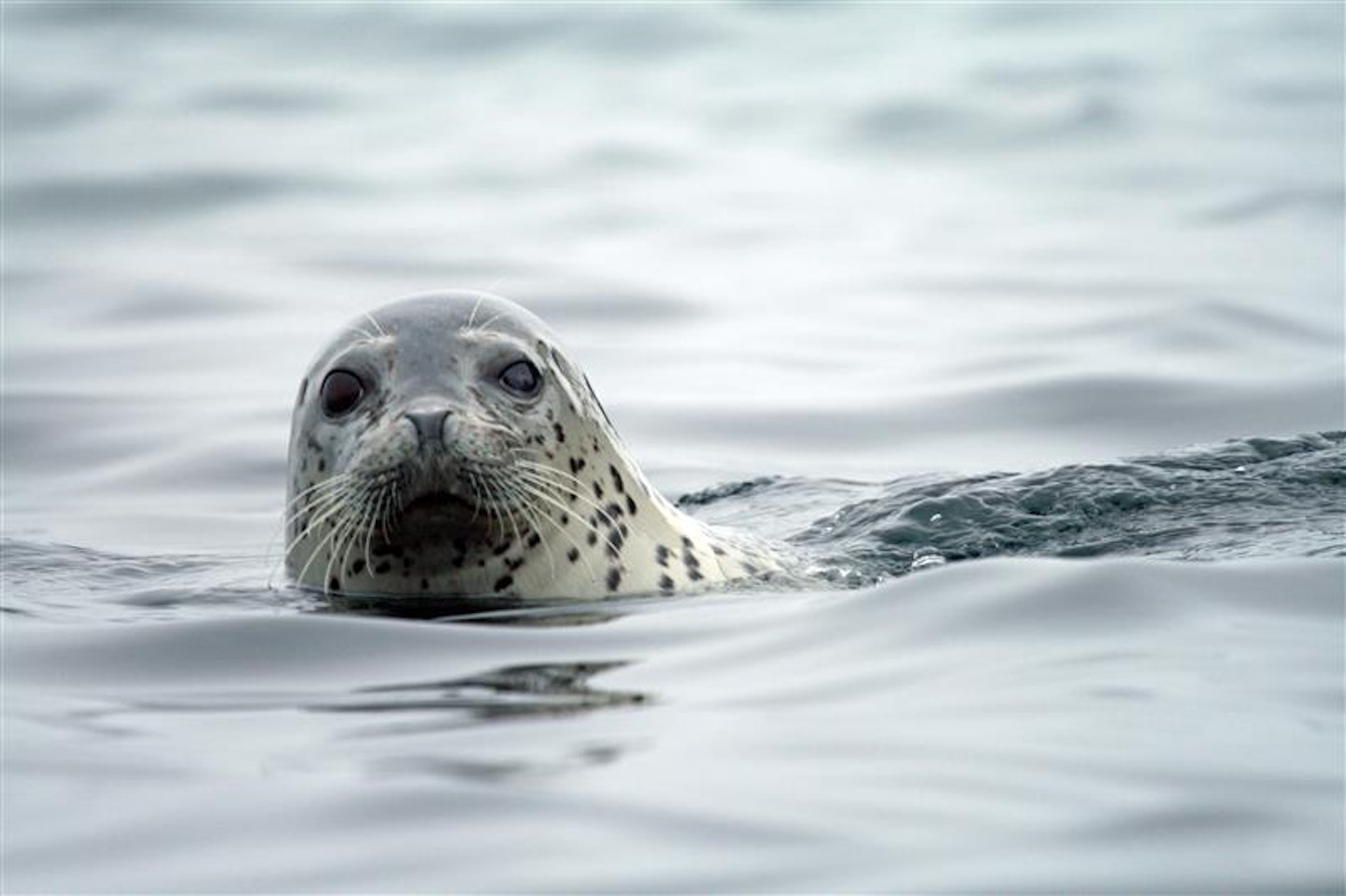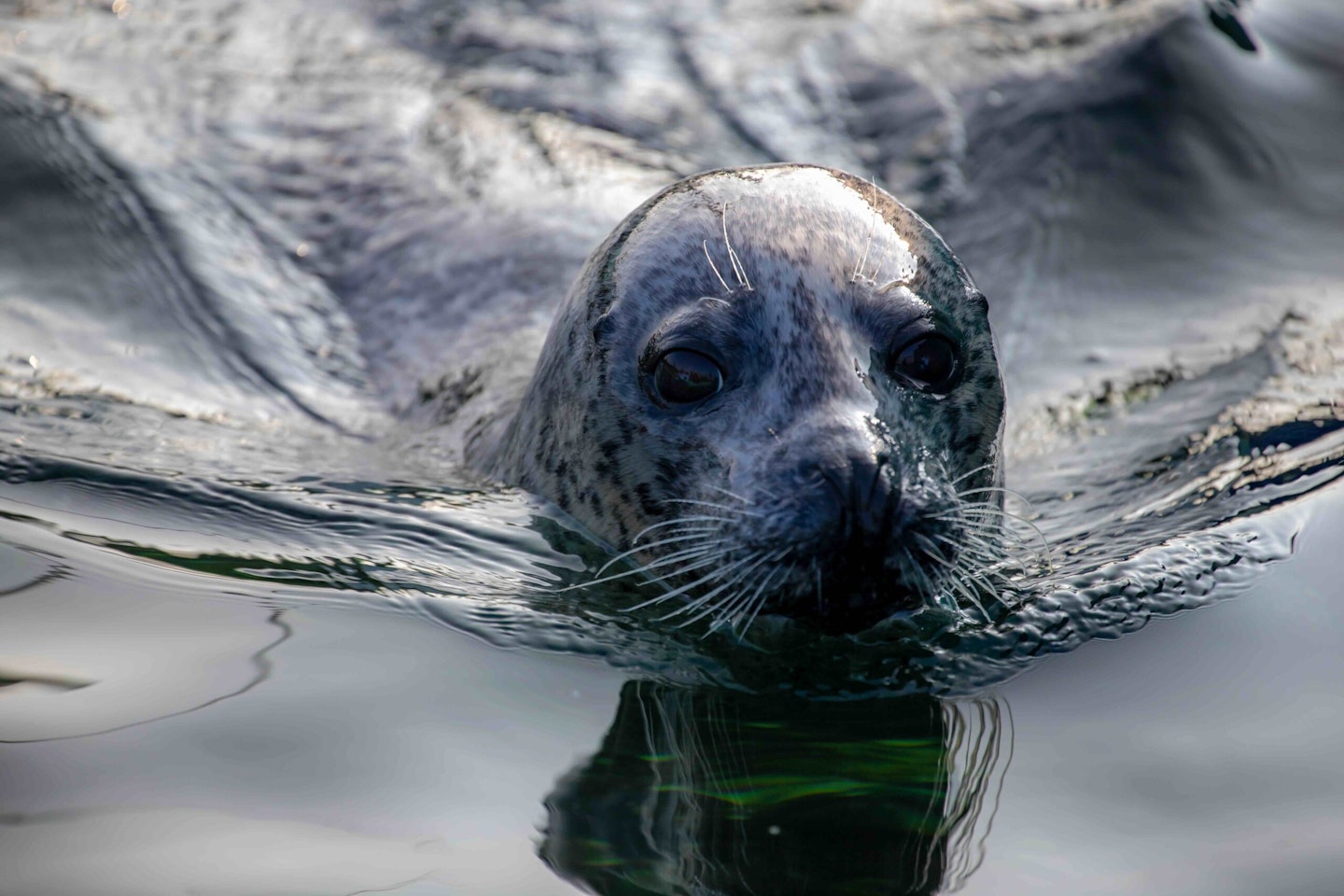Seals released by the RSPCA have been continuing to have a detrimental effect on coarse fisheries in and around the Peterborough area, while also highlighting a potentially wider issue with seals becoming residents in freshwater fisheries around the UK.
After being rescued and re-introduced into the Sutton Bridge area of the River Nene, 4 miles inland from the coast, these seals have made their way upstream and are causing significant damage to the freshwater ecosystem.
THERE ARE SOME GREAT VENUES TO TRY AROUND THE COUNTRY, CHECK OUT OUR WHERE TO FISH GUIDE FOR MORE.

Speaking to Peterborough & District Angling Association, they are currently aware of five individual seals that have been part of the tag and release program from the RSPCA. These seals have been spotted all along the river and have entered popular venues like Ferry Meadows, despite it being no less than 30 miles from their native coastal habitats.
"We have been aware of these seals since November 2022. They are showing no signs of wanting to return home and have indeed shown a desire to move further inland at times of high water," Rob Harris told us.
"This isn't just affecting us. We currently represent a group of 25 angling clubs and fisheries that have been affected by seals becoming resident, and the impact is devastating to the fish populations and will have a long-term impact that authorities seem to be greatly underestimating."
"It's time for some new thinking and for authorities to work together to tackle this issue on a national level to protect all fish and fisheries that are being affected by this," he said.
It was presumed the seals would return to the sea once they had matured, but they show no signs of leaving, and as such, are causing unprecedented damage as they prey on the already under-pressure fish stocks, especially as they have no way of avoiding such an apex predator.
Without intervention, it is feared they will continue to live and feed in the waters they currently reside, and as a seal can eat up to 15kg of fish a day, it wouldn’t take long for irreversible damage to begin to occur.
"Ferry Meadows is not just our water, it's a national treasure, a park that means so much to so many people, and the risk of this being lost due to a lack of common sense and an unwillingness to change is shocking."
"We wish no harm to seals, we simply wish to see them returned safely home to the sea and coastal waters. Let's not forget, once we run out of fish, the seals will also starve. Going home is in their best interest," Rob concluded.
Any fishery owners or clubs that would like to join the conversation can contact: pdaacommittee@outlook.com

This page is a free example of the amazing content Angling Times Members get every single week. Becoming an Angling Times Member gives you access to award-winning magazine content, member rewards, our back issue archives, bonus content and more! Join our fishing community and find out more today!
